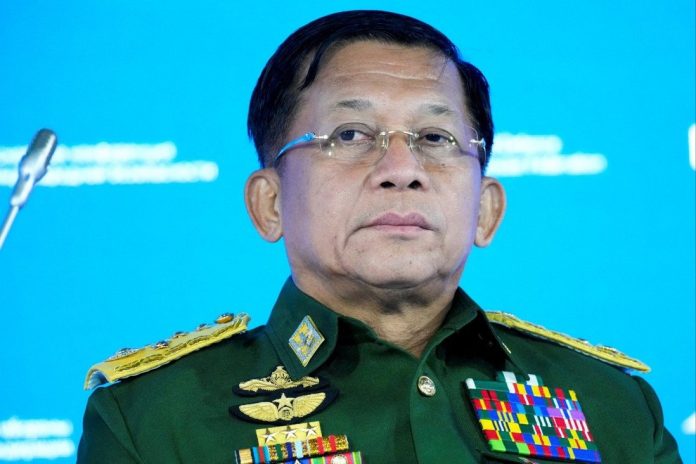- Indonesia, Malaysia and Singapore steadfastly agree that Min Aung Hlaing should be compelled to abide by a five-point peace plan for the strife-torn country
- Cambodia’s Hun Sen, Asean’s current chair, caused consternation with his overtures to the junta
In the Asean bloc’s internal debate on whether engagement or a hardline stance with Myanmar’s junta will force coup-maker Min Aung Hlaing to abide by a peace plan for the strife-torn country, the cabal of countries favouring the latter strategy appears to have the upper hand – for now.
This week’s announcement by Cambodia – the Association of Southeast Asian Nations’ current chair – that the junta would remain banned from attending the bloc’s talks is a clear indication that the likes of Indonesia, Malaysia and Singapore remain steadfast in their positions on the matter, observers say.
“Asean’s rejection of the junta is crucial,” said Matthew Smith, the chief executive officer of the Southeast Asian campaign group Fortify Rights. “There’s a lot riding on how Asean responds to the atrocities in Myanmar and the costs of complicity at this point could be high for the bloc,” he said.
Malaysia, Indonesia and Singapore – influential founding members in the 10-nation Asean – have been the most vocal in recent months about using a harder approach to compel junta chief Min Aung Hlaing to abide by a five-point peace plan agreed last April.
But Hun Sen, the strongman leader of Cambodia, stirred consternation among these countries with his signals since December that he believed engagement would work better. His efforts have included a January 7-8 visit to Myanmar that was unsanctioned by Asean.
That elicited a sharp response from the countries advocating for a tough stance with Min Aung Hlaing, with Malaysia’s foreign minister Saifuddin Abdullah pointedly noting that sitting Asean chairs typically “consult others anytime they want to do something that is considered significant”.
Subsequently, Cambodia was forced to indefinitely postpone a previously scheduled January 18-19 foreign ministers’ meeting after several governments said they would not attend – citing schedule clashes.
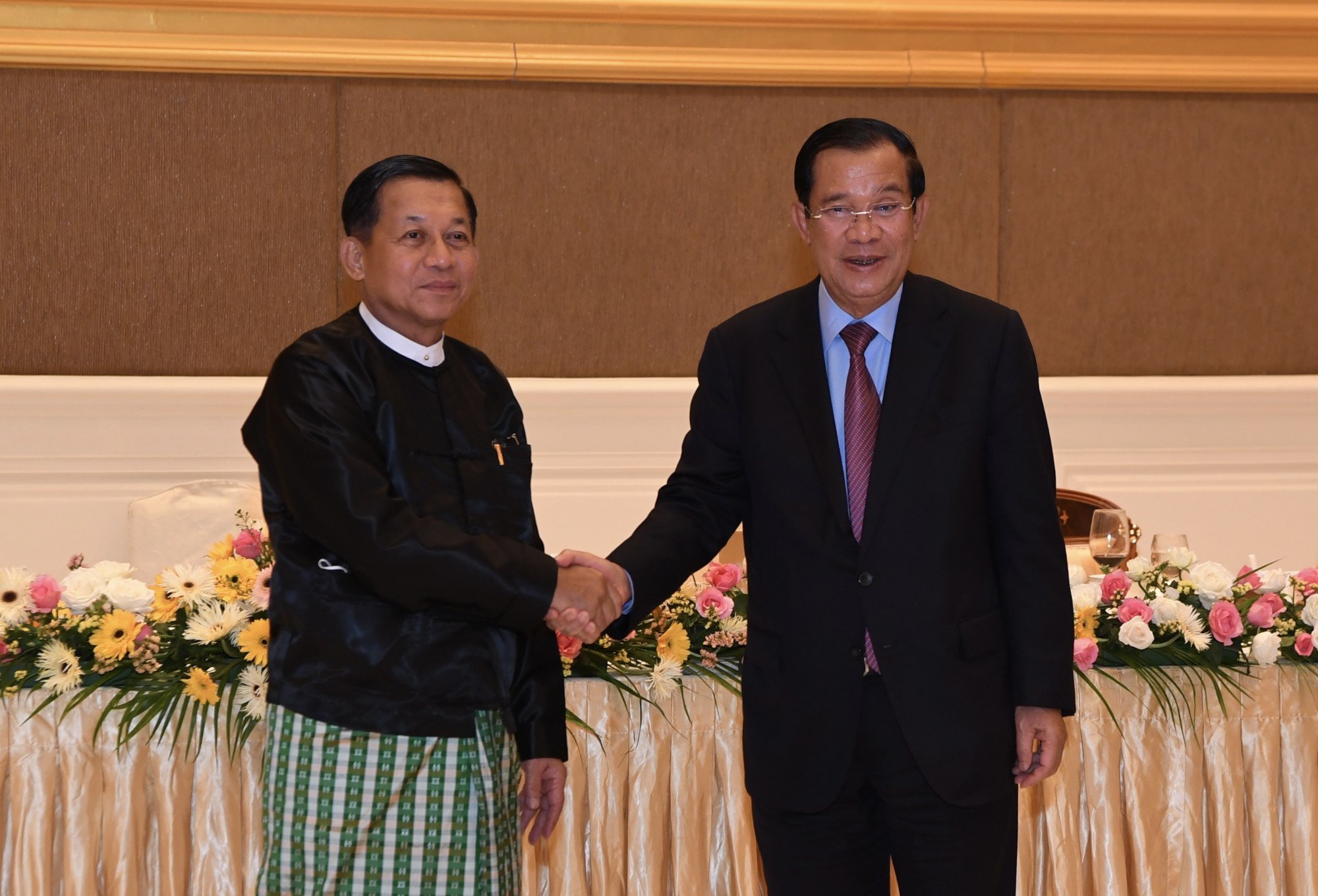
Diplomatic sources later confirmed that the postponement was a “face-saving” measure, as several ministers had hinted that they would not attend as a form of boycotting Hun Sen’s overtures.
Hun Sen’s subsequent climbdown was cemented with his foreign ministry’s announcement on Thursday that the Myanmar junta’s top diplomat, Wunna Maung Lwin, would not be invited to the postponed talks – now expected to be held from February 16 to 17.
The junta was instead asked to send a “non-political representative” to the foreign ministers’ retreat.
Sceptics weigh in
Cambodia’s climbdown was welcomed by supporters of the National Unity Government (NUG) that is challenging the junta’s legitimacy, but some Asean observers remain sceptical that the hardline approach will work.
Bilahari Kausikan, the retired Singaporean senior diplomat, said a failure to engage the State Administration Council – as the junta calls itself – would lead to a further marginalisation of Asean in the de-escalation process.
Since agreeing to the Five-Point Consensus plan last April, Min Aung Hlaing has made short shrift of the accord, which stipulates, among other things, a cessation of violence and that an Asean special envoy must be allowed to visit Myanmar and have access to “all parties”.
The junta has yet to accept an envoy, and has said the person – when admitted – will not have access to the detained members of the formerly ruling National League for Democracy, including its leader Aung San Suu Kyi.
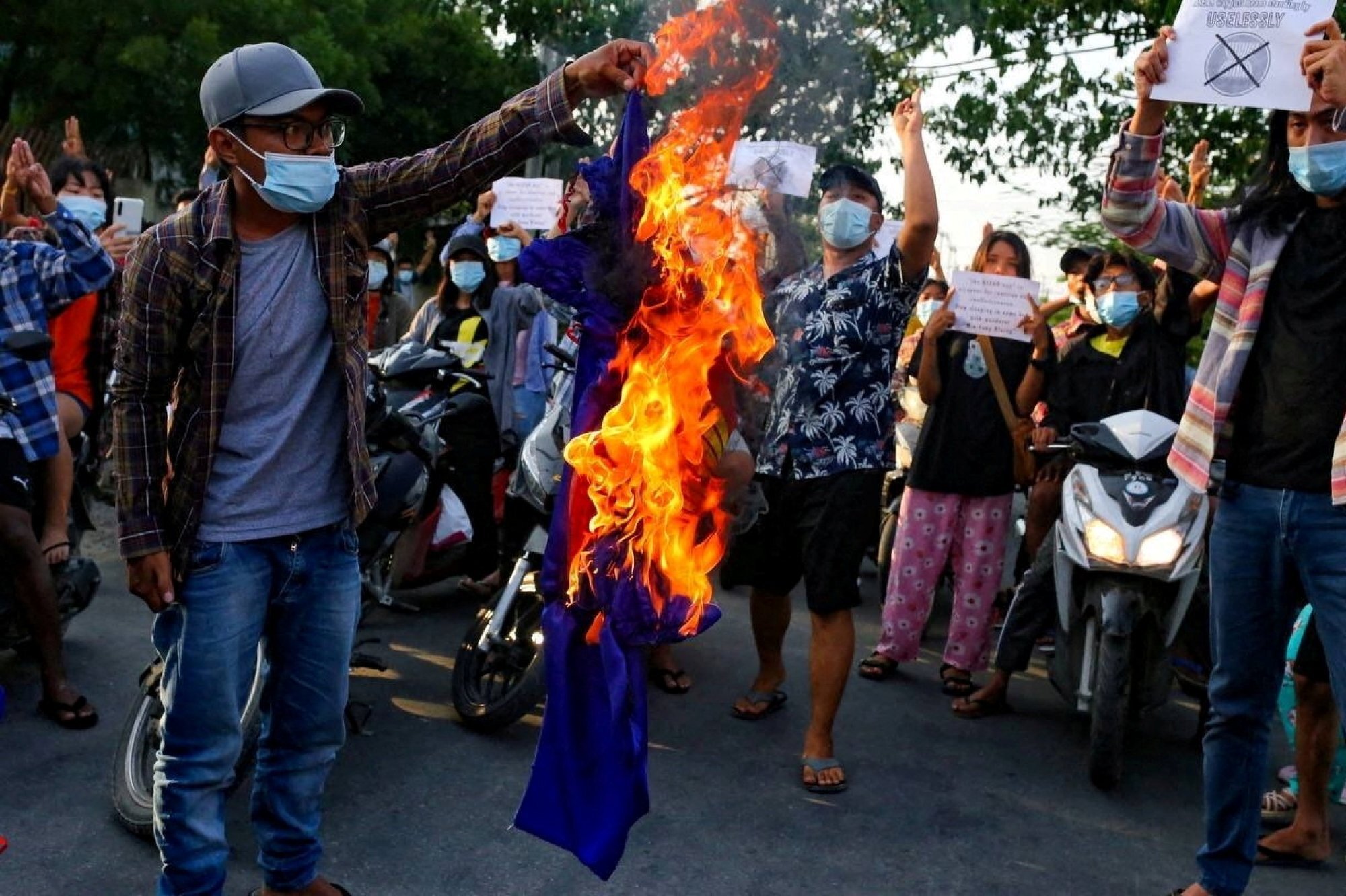
“If you want to play any sort of role in any sort of settlement, you have to deal with the military junta and not shun it. You cannot sit on your high horse forever,” Bilahari said.
Hun Sen – with overtures that include the January visit to Myanmar – had taken a “reputational hit” on behalf of Asean, Bilahari said. “He has given you an opening to climb down at little political or reputational cost to yourself. It is foolish not to have taken it,” said the former senior envoy. “Sooner or later you will have to climb down and deal with the junta and odds are the political and reputational costs will be higher.”
‘Soft approach’ not working
Sentiment on social media and within much of the small circle of the Asean commentators stood in contrast to Bilahari’s views.
Bunna Vann from Cambodia’s Institute for Cooperation and Peace said Asean “had no better option” as the earlier engagement that Phnom Penh had trialled failed to reap results.
The Cambodian government’s change of tack displayed a realisation that solely depending on a “soft approach” was not working, Bunna Vann said.
Phnom Penh’s amended position would ensure the bloc could act with “unity and strength” to “politically and diplomatically pressure the military regime to walk the talk on the agreed consensus,” the analyst said.
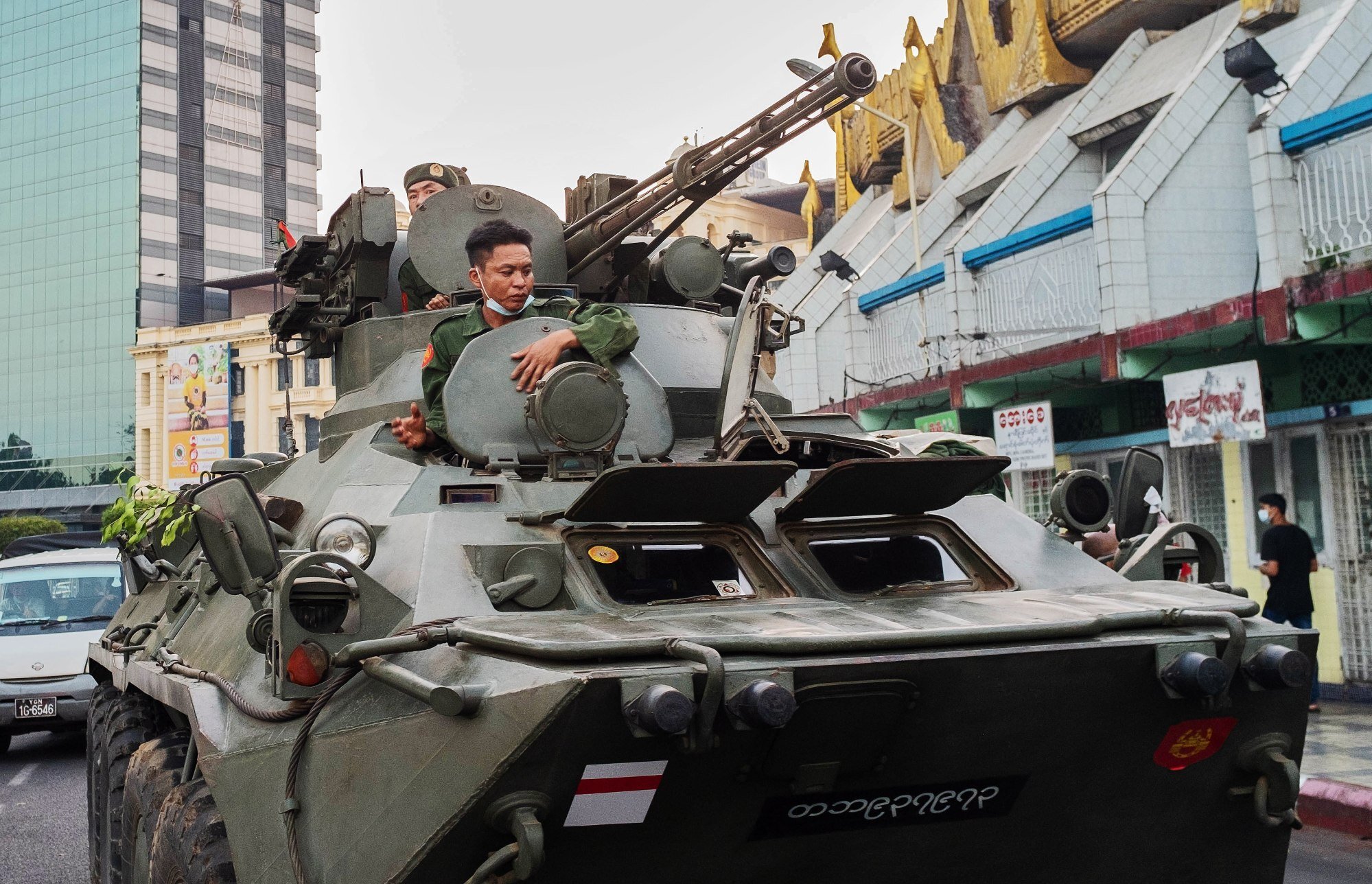
The Cambodia-based analyst was among those who said the junta was very unlikely to accept the invitation to send a non-political representative to the upcoming meeting.
Hunter Marston, a WSD-Handa fellow with the Pacific Forum think tank, said Asean was likely to be put in the junta’s cross hairs for violating the grouping’s so-called ‘non-interference’ principle.
“The State Administration Council is likely to turn against Asean and continue to blame it for violating its non-interference principles, preferring to rely on China and Russia, more steadfast – and authoritarian – friends,” he said. India, with whom Myanmar shares a 1,643km border, is also likely to come further in focus as the junta seeks to deepen ties with New Delhi “as another means of hedging against over reliance on China,” he said.
Smith, the rights campaigner, said it was crucial for Asean to next get behind a global arms embargo against the junta.
Such calls have thus far fallen on deaf ears despite activists’ repeated warnings on the military’s escalating use of war tactics and weapons against civilians.
Said Smith: “None of the Asean states are major arms traders with the Myanmar junta, but the entire region is left to deal with the aftermath of the junta’s gross attacks on civilians. An arms embargo makes sense for Asean.”
Eyes on UN envoy
Apart from the Asean rift, observers of the diplomatic manoeuvres surrounding Myanmar are also keeping an eye on the next moves of the United Nations special envoy for the crisis, Noeleen Heyzer.
The Singaporean national this week sparked controversy when she appeared to suggest in an interview with the regional broadcaster CNA that those opposing rule junta needed to consider a power-sharing agreement with the military.
In response, some 250 civil society groups issued a joint statement saying such a position would embolden Min Aung Hlaing, whose forces are accused of mass killings, rape and other atrocities.
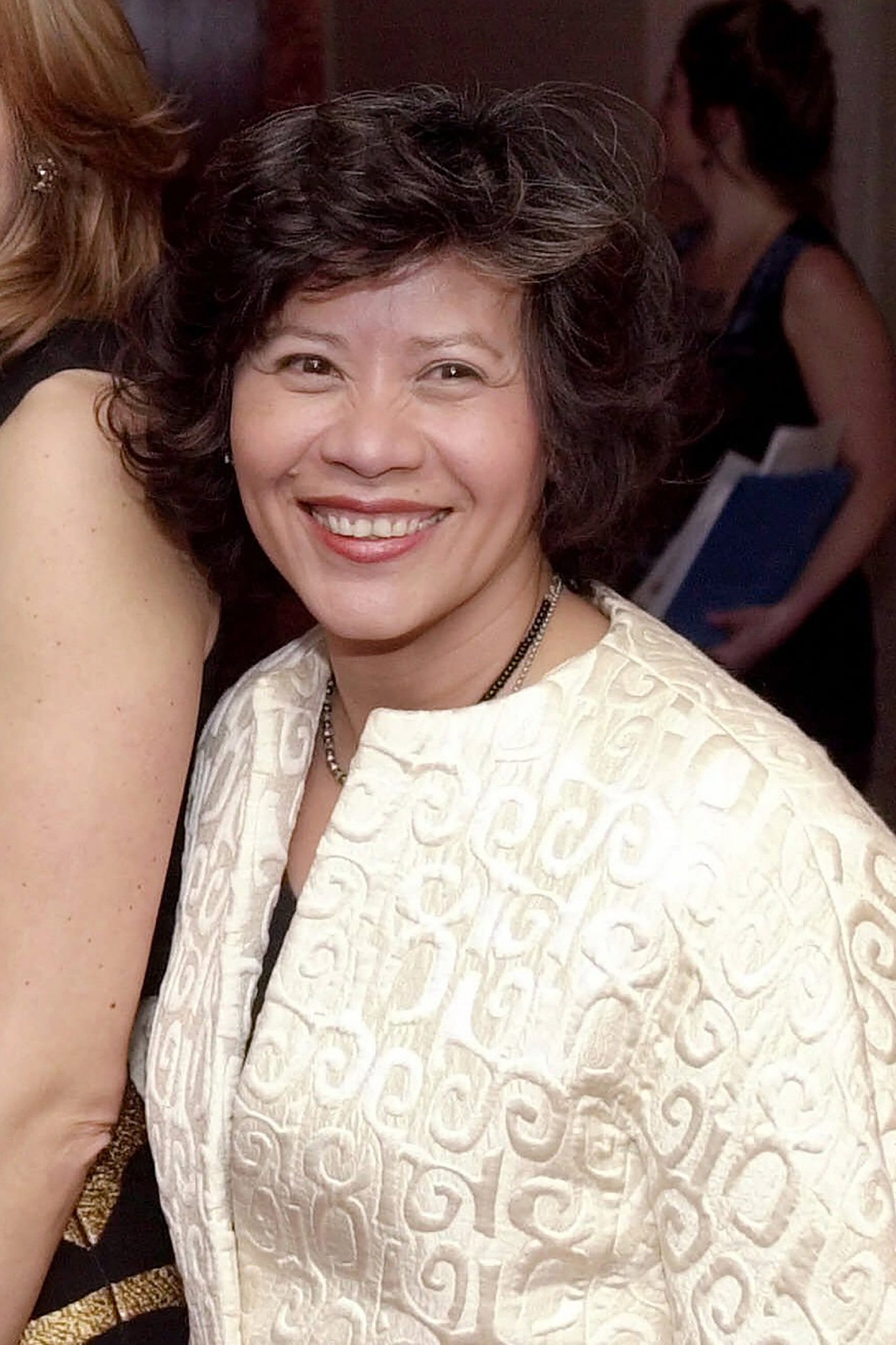
“These statements could set a dangerous precedent, that those who take control through brutal means – massacring, killing, raping, arresting, torturing, burning villages and people, targeting civilians using air strikes and shelling – [will] be welcomed to share power,” the statement said.
In a subsequent interview with the Democratic Voice of Burma portal, Heyzer said her remarks had been taken out of context and that she took the reservations voiced by the civil society groups seriously.
Marston, the Australia-based researcher, said he viewed the saga surrounding Heyzer’s comments as “justified, if unproductive”.
“The vast majority of Myanmar people no longer see the military as having a legitimate role in the country’s future and see no possibility for negotiations,” Marston said. Nonetheless, “it’s still hard to predict how any potential resolution will pan out, and it may well have to start with negotiating an exit for the military to de-escalate or step down from its current role,” he added.
“If that is a necessary evil to get to a greater good, Heyzer may not have been far off the mark,” Marston said.
Smith attributed the angry reaction in part to the memory among older generations of Myanmar people who “have seen outside experts year after year attempt to win the good graces of the military”.
“[The experts] fail routinely, they move on, and then someone else replaces them, positing the same false pragmatism as the way forward. People are tired. They’ve had enough,” he said.
By Bhavan Jaipragas / This Week in Asia
The views and opinions expressed in this article are solely those of the author and do not necessarily reflect the position of AsiaWE Review.



